America’s first ‘crypto president’ is assembling the first ‘crypto Cabinet’ and establishing a brand new pseudo-department named after a dog-themed memecoin. What could possibly go wrong?
On November 12, U.S. president-elect Donald Trump announced that “the Great Elon Musk and American Patriot Vivek Ramaswamy” will co-lead the Department of Government Efficiency (D.O.G.E.). The new ‘department’ will allegedly help Trump “dismantle Government Bureaucracy, slash excess regulations, cut wasteful expenditures, and restructure Federal Agencies.”
Technically speaking, D.O.G.E. won’t be an official department, instead providing “advice and guidance outside of Government.” But D.O.G.E. will “partner with the White House and Office of Management & Budget to drive large scale structural reform.”
It’s somewhat ironic that a ‘department’ tasked with improving efficiency would require not one but two heads to run it. There’s also the strong likelihood that one of these two headstrong individuals will quit after repeatedly butting heads with the other over which one thinks Trump is dreamier, but time will tell.
D.O.G.E. has been given a mandate to finish its work by July 4, 2026, which Trump claims will be “the perfect gift to America on the 250th Anniversary of The Declaration of Independence.” But that date is also ahead of that year’s mid-term elections. Historically, the party in power tends to lose seats in Congress in the mid-terms, so D.O.G.E. needs to finish its work before the Democrats get a chance to bust up the Republicans’ unified control of government.
Musk has long been a supporter of the BTC and DOGE (Dogecoin) tokens, disparaging the rest of ‘crypto’ as “a sideshow.” DOGE’s fiat value has more than doubled since Trump’s re-election—quadrupling since mid-September—based partly on Musk’s highly public embrace of Trump during the campaign along with confirmation that D.O.G.E. is actually happening.
Trump’s official campaign website has already begun selling T-shirts emblazoned with the name D.O.G.E. alongside photos of himself and Musk—notably, Ramaswamy didn’t make the cut—against a backdrop of the planet Mars. Behind them is the image of a Shiba Inu dog, the type featured in the meme on which Dogecoin was based (the token was created as a joke to mock the lack of utility in most post-Bitcoin ‘crypto’ projects). Musk celebrated the D.O.G.E. announcement by tweeting a logo featuring a similar dog.
Trump’s pledge to fire Gary Gensler, current chair of the Securities and Exchange Commission (SEC), “on day one” of his second term may also be playing a role in DOGE’s rise. Bloomberg analyst Eric Balchunas claimed this week that a DOGE-based exchange-traded fund (ETF) could be in the offing once Gensler is shown the door.
Gone Gary gone
Trump’s choice to replace Gensler hasn’t been announced, although there are a number of leading contenders, nearly all of which hold pro-crypto positions. Topping this leaderboard is Dan Gallagher, chief legal officer at crypto-friendly online brokerage Robinhood (NASDAQ: HOOD) and a former SEC commissioner.
Another former SEC commissioner reportedly under consideration is Paul Atkins, whose bona fides include serving as co-chair of the Chamber of Digital Commerce’s Token Alliance. Current SEC commissioners Mark Uyeda and Hester ‘Crypto Mom’ Peirce, both of whom vocally opposed Gensler’s anti-crypto campaigns, are also reportedly under consideration, although Peirce is said to be ambivalent about succeeding Gensler.
Other candidates include two former Commodity Futures Trading Commission (CFTC) chairs: Chris ‘CryptoDad’ Giancarlo and Heath Tarbert (the latter currently working for USDC stablecoin-issuer Circle).
Several high-profile attorneys, including Kramer Levin Naftalis & Frankel partner Richard Farley and Wilkie Farr & Gallagher’s Robert Stebbins, are also being vetted. Neither Farley nor Stebbins have staked out a firm position on ‘crypto,’ although Stebbins works at the same firm as Giancarlo.
Another lawyer in the mix is Kirkland & Ellis partner Norm Champ, a five-year SEC veteran who once headed up its division of investment management. In 2018, three years after leaving the SEC, Champ said federal agencies’ official crypto policies were “clear as mud,” creating “uncertainty” for investors.
Is Trump flat out trolling us?
Trump raised eyebrows on November 12 when he announced his plan to install Pete Hegseth, a military veteran and Fox News host, as his new Secretary of Defense.
Hegseth is a noted ‘crypto’ supporter, recently declaring that Trump was “making Bitcoin great again,” but he’s long touted his status as ‘a Bitcoin guy.’ A couple of years ago, Hegseth copped to having transferred some of his assets to the Celsius Network, the digital asset lending platform/Ponzi scheme that went bankrupt in the great ‘crypto winter’ of 2022.
Eyebrows shot further skyward on November 13, when Trump named Rep. Matt Gaetz (R-FL) as his choice to lead the Department of Justice (DOJ). Gaetz was previously investigated by the DOJ over sex-trafficking allegations but the probe was dropped in early 2023 without any charges being filed.
Gaetz’s nomination was a major shock to many on Capitol Hill, including many of his Republican colleagues, some of whom expressed doubt that Gaetz would survive a Senate hearing into his qualifications for the Attorney General role. That may be why Trump recently demanded that the Senate approve his Cabinet nominations via recess appointments, aka without Senate scrutiny.
Gaetz is very pro-crypto—although he’s reportedly more of a Venmo guy—introducing a bill this summer that sought to amend the Internal Revenue Code (IRC) to permit Americans to pay their tax bills with BTC. Gaetz also attended the second inauguration of El Salvador’s President Nayib Bukele, the ‘cool dictator’ who made BTC legal tender in his country in 2021 (although outside ‘Bitcoin Beach,’ no one in El Salvador accepts BTC as payment).
Wednesday also saw Trump named former Congresswoman Tulsi Gabbard as his choice for Director of National Intelligence. In 2019, Gabbard, a former Democrat who took a political right turn, co-sponsored the Token Taxonomy Act, which would have kept the SEC’s filthy mitts off most prominent tokens.
Gabbard also spoke at the BTC Miami conference in 2023 and at this year’s event in Nashville. She has spoken out against central bank digital currencies (CBDC) and, this spring, told some podcast hosts that people love BTC because it’s “an independent, transparent form of currency that is not under government control.”
Trump also appointed Steven Witkoff as his new Special Envoy to the Middle East. Witkoff is a partner in Trump’s decentralized finance (DeFi) project World Liberty Financial (WLF). WLF launched its ‘governance token’ sale in mid-October, but the response was underwhelming, leading the project to revise its sales target from $300 million to just $30 million. The project has enjoyed a small amount of renewed interest post-election, but total sales are still only two-thirds of that reduced figure.
Trump didn’t appoint him, but on November 13, Sen. John Thune (R-SD) won the vote to replace the outgoing Mitch McConnell (R-KY) as Senate Majority Leader. In 2022, Thune co-sponsored the Digital Commodities Consumer Protection Act (DCCPA), which would have given the CFTC the primary role of regulating prominent tokens such as BTC and ETH. Earlier this year, Thune voted to overturn SAB 121, an SEC bulletin that limited banks’ ability to custody digital assets.
Tethery Treasury
Trump has yet to announce a new Treasury secretary, although the digital asset sector is hoping it turns out to be Scott Bessent, founder/CEO of the Key Square Group hedge fund. Bessent recently claimed to be “excited about [Trump’s] embrace of crypto” and said “the crypto economy is here to stay.”
A more longshot candidate for Treasury secretary is Howard Lutnick, CEO of Wall Street financial services firm Cantor Fitzgerald (NASDAQ: ZCFITX). Lutnick is also co-chair of Trump’s transition team, tasked with finding suitable candidates to help lead Trump’s second term, but Lutnick has reportedly been “campaigning hard” behind the scenes for the Treasury gig.
Lutnick claims to be the custodian of the Treasury bills allegedly owned by Tether, issuer of the market-leading USDT stablecoin (the post-election market cap of which has soared by around $6 billion to over $126.5 billion).
Some Treasury officials reportedly see Lutnick’s Tether ties as problematic if he faced a Senate confirmation hearing, although that wouldn’t be an issue should the Senate play ball with Trump’s recess appointment demands.
There’s also the not-insignificant matter that both the Treasury and the DOJ are rumored to be preparing charges against Tether for, among other things, facilitating violations of economic sanctions imposed on certain individuals/entities by Treasury’s Office of Foreign Assets Control (OFAC) and facilitating transactions by Mexican drug cartels and terrorist groups. The Washington Post recently confirmed rumors of the probe, following earlier reporting by the Wall Street Journal.
Right said Fed
It remains to be seen whether Trump will attempt to replace Federal Reserve chairman Jerome Powell, who was appointed by Trump in November 2017. The pair increasingly sparred toward the end of Trump’s first term and Powell has made it clear he won’t submit his resignation should Trump demand it this time around. Politico recently reported that Trump is unlikely to want to upset Wall Street by tossing a grenade into the surging stock market.
That’s not how Musk would play it. Musk recently retweeted a post by Sen. Mike Lee (R-UT) calling on Trump to scrap the Fed entirely. Lee is a noted ‘crypto’ supporter who doesn’t think it should be subject to capital gains tax and is also a vocal opponent (like Trump) of CBDCs.
There are 12 Fed governors, including Neel Kashkari, president of the Federal Reserve Bank of Minneapolis. Kashkari has spoken critically of crypto, including at a public meeting in October where he declared that “very few [crypto-based] transactions are actually happening … unless people are buying drugs or illegal activities.” Fast forward to this week, and Kashkari was singing a different tune, saying he “will have an open mind” regarding the future of digital assets.
Who’s HODLing?
Several other key figures in Trump’s second term have acknowledged their personal ownership of digital assets. Vice-president-elect J.D. Vance declared “between $250,000 and $500,000” worth of BTC earlier this year, an amount that has almost certainly increased since that disclosure.
Rep. Mike Waltz (R-FL), who was announced this week as Trump’s new national security adviser, declared “up to $100,000” in BTC way back in 2021. Again, that number has almost certainly increased in value, assuming Waltz never sold.
Gabbard admitted buying small quantities of ETH and Litecoin in 2017 and has reportedly acquired some BTC since then. Over at D.O.G.E., Musk is a known BTC whale who also owns some DOGE, while Ramaswamy reported holding between $100k-$250k of BTC back in 2023.
Department of Go Away Now
One final note regarding Musk, who claimed shortly before the election that he could cut “at least $2 trillion” in federal spending—roughly one-third of the annual budget. Average Americans would have to undergo “some temporary hardship, but it will ensure long-term prosperity.” You know, like Musk’s Tesla, which was spared potentially fatal hardship by leaning hard on billions in federal handouts over the years.
Meanwhile, Ramaswamy has engaged in ‘thought experiments’ where he randomly fires 75% of federal employees and “not a thing would have changed for the ordinary American, other than that their government being a lot smaller, spending a lot less money to operate it.”
Listening to Ramaswamy, one can’t help but recall how Musk cut 80% of Twitter’s staff to trim expenses and help pay the $1.2 billion in annual interest on the billions Musk borrowed to buy the platform in 2022. Regular users of the rebranded ‘X’ will point to how frequently the platform simply doesn’t work, particularly during periods of high usage, like Spaces events with Trump (that Musk tried to blame on DDoS attacks).
Any attempt by Musk to impose the same level of cuts on the government won’t end well. Trump has vowed to institute a lot of very big changes in his second term. He won’t be able to do any of it with a federal bureaucracy that’s no longer capable of performing routine tasks, let alone anything challenging.
Some observers suspect Musk and Ramaswamy could try to replace human staff with technology, including artificial intelligence (AI) systems. But given the faceplants that AI systems still display on a daily basis, this would likely create more problems than it solved. And with less than two years in which to accomplish these feats—or less, according to Elon—there’s no time to work out the kinks.
Trump is under no obligation to act on any of the recommendations that might emerge from D.O.G.E. Indeed, some observers have suggested it’s Trump’s way of giving Musk a title without any real governmental power until Musk either gets bored or simply gets tired of sharing the spotlight with Ramaswamy.
Digital asset operators have long claimed to be seeking only regulatory clarity, but what they really seek is freedom from any and all oversight. If Trump is actually serious about letting Musk et al. cut the federal government to its barest bones, the digital asset sector might actually get what it wants. God help us.
Watch: Bringing the Metanet to life with Teranode

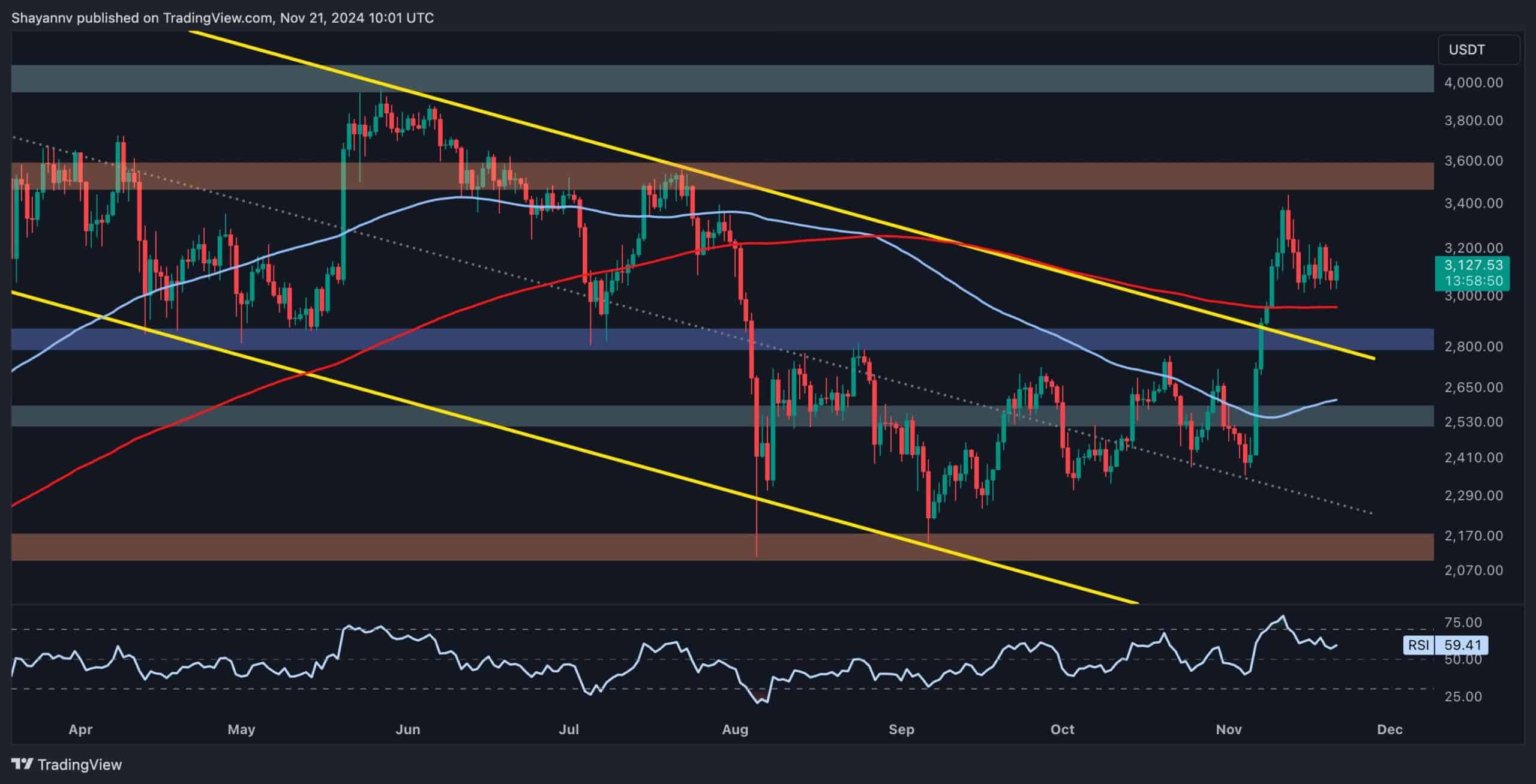

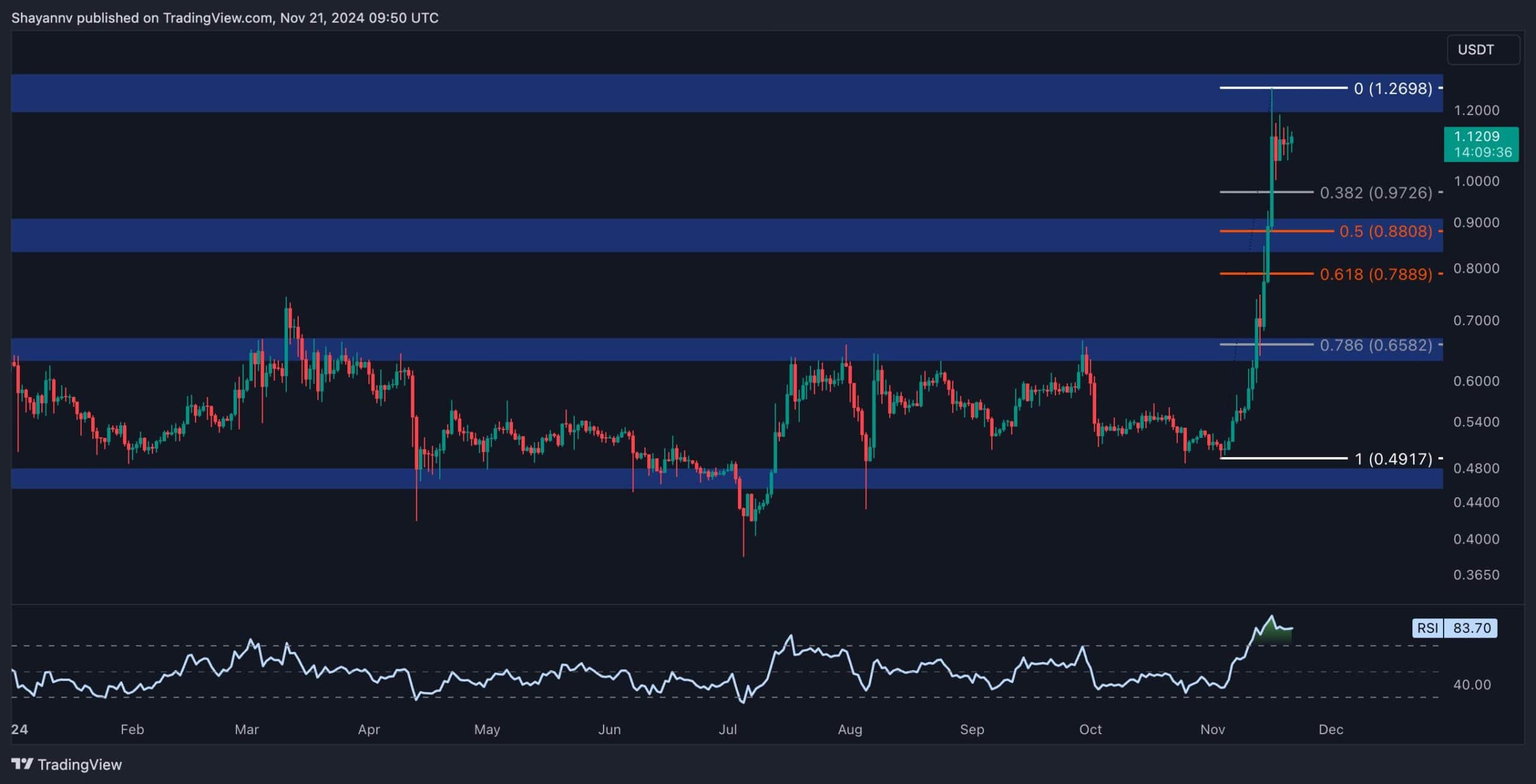

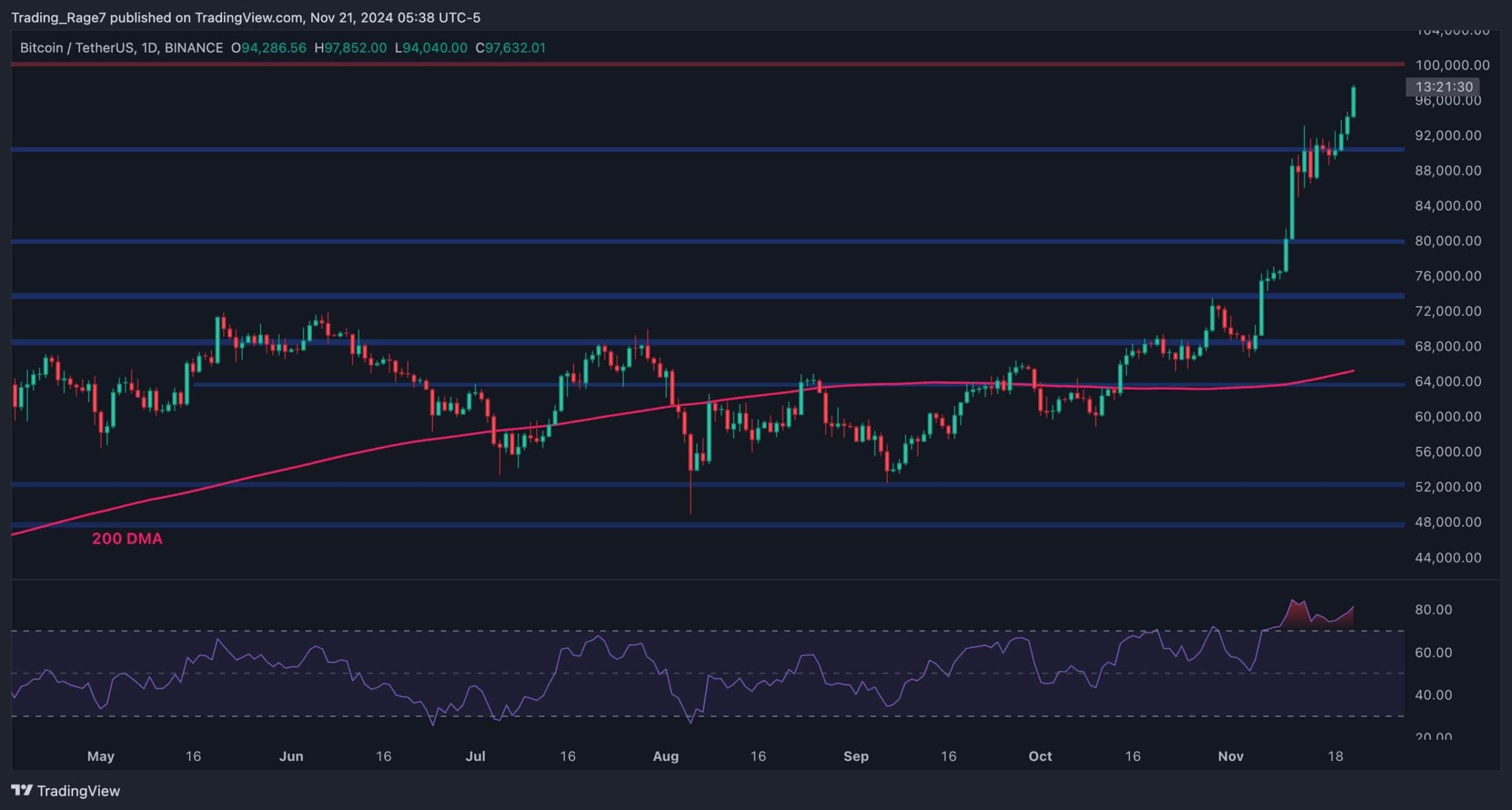

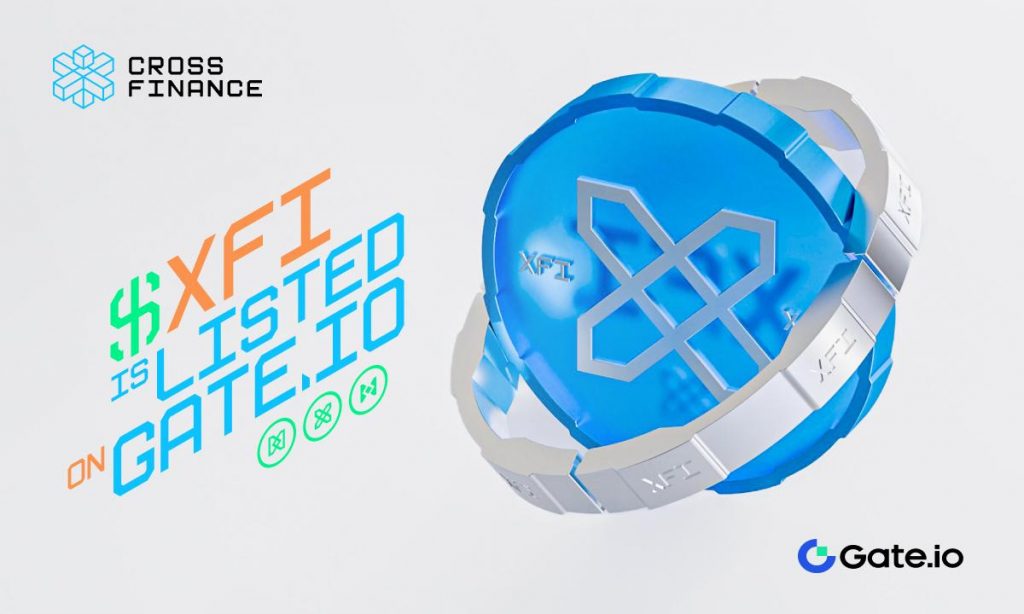



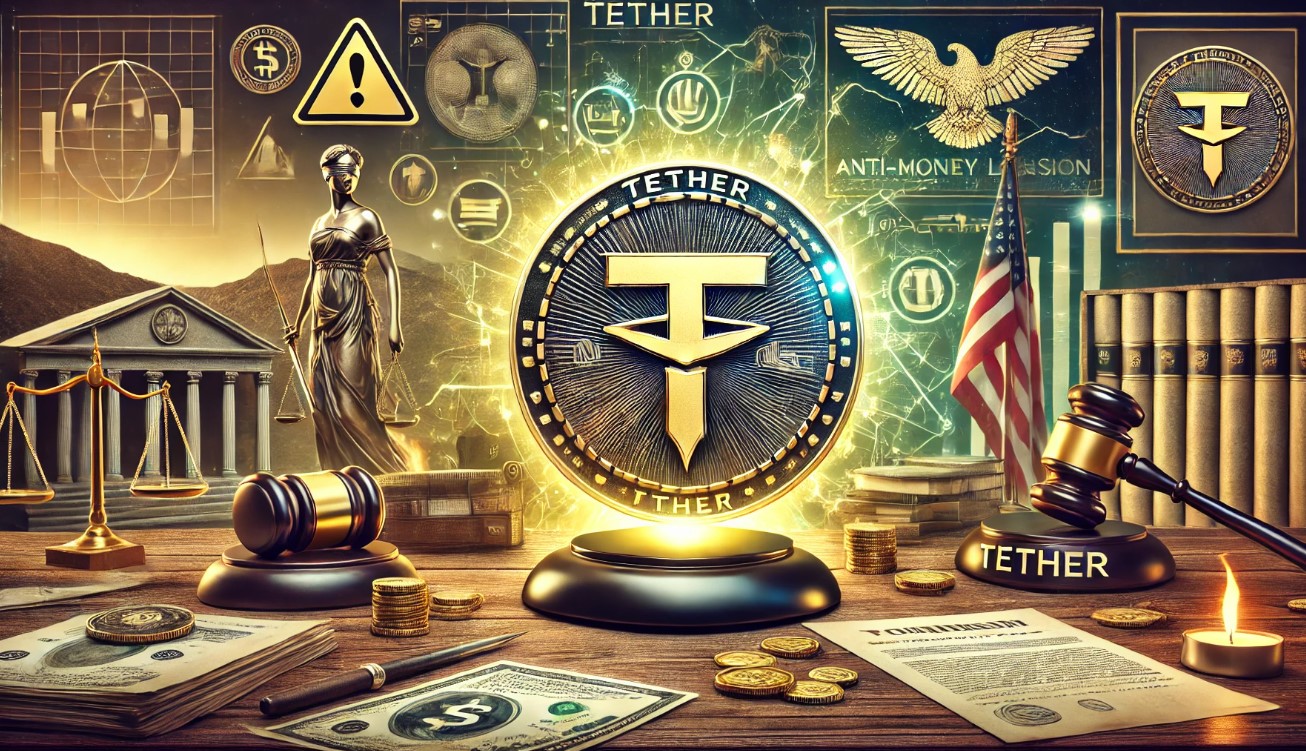





 English (US) ·
English (US) ·